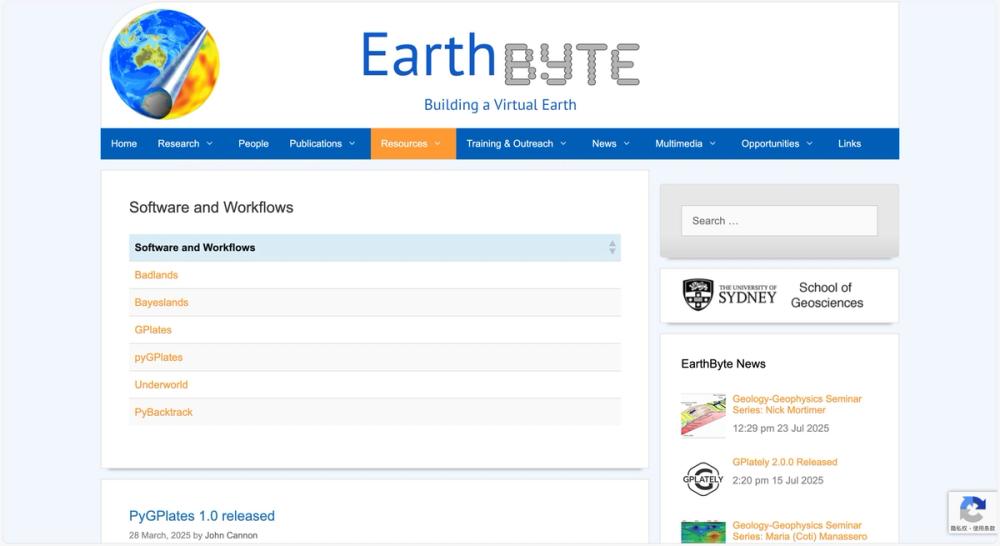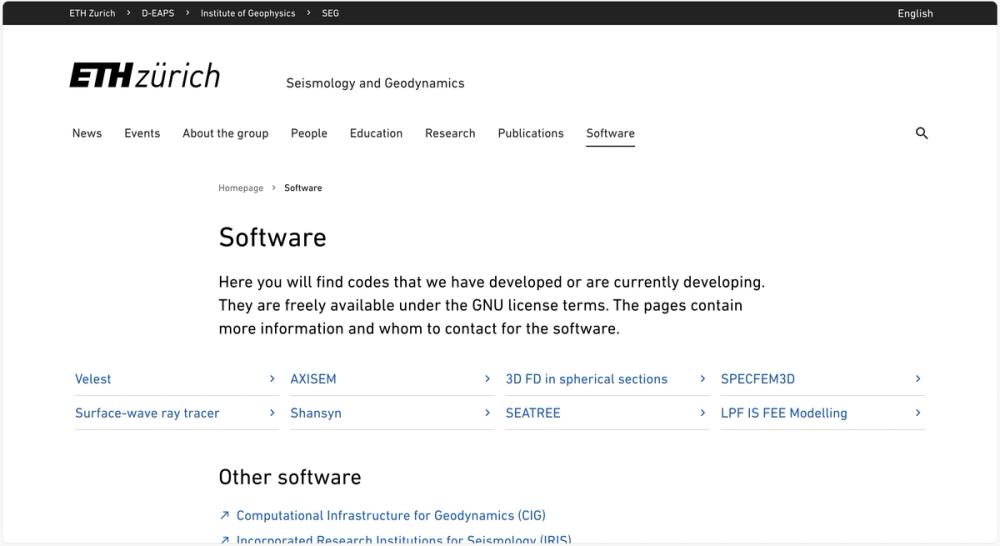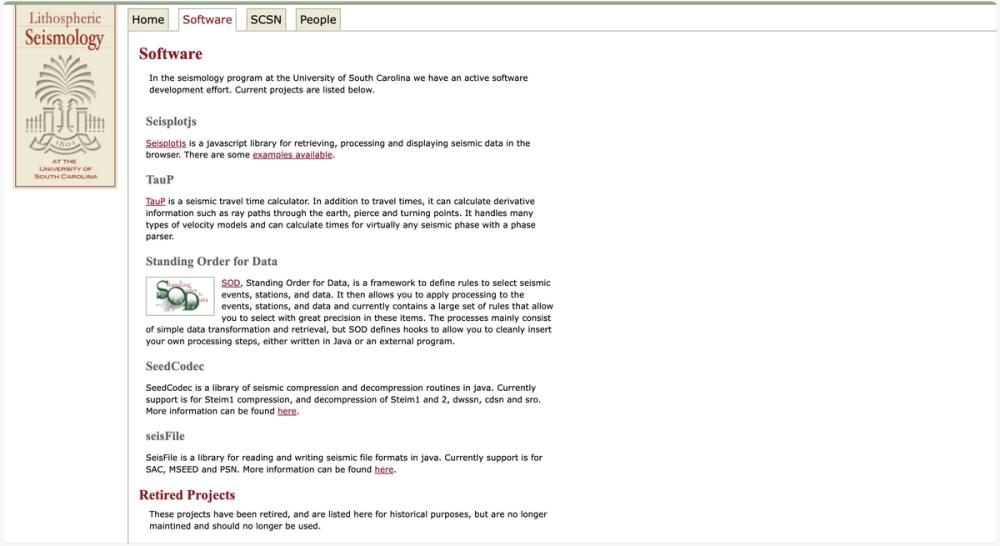Git - Distributed Version Control System
Git is a powerful, free, and open-source distributed version control system designed to handle projects of all sizes with speed and efficiency. It enables developers to track changes in source code during software development, facilitating collaboration among teams. Key features include:
- Distributed Architecture: Every developer has a full copy of the repository, allowing for offline work and resilience against server failures.
- Fast Performance: Git offers lightning-fast operations, making it ideal for large projects with frequent commits and branching.
- Cheap Local Branching: Create and switch between branches quickly and inexpensively, supporting experimentation and feature development.
- Staging Area: Provides a convenient way to prepare changes before committing, ensuring precise control over version history.
- Multiple Workflows: Supports various development workflows, adapting to centralized or fully distributed team structures.
Use Cases
- Software Development: Ideal for managing codebases, tracking changes, and collaborating on projects of any scale.
- Team Collaboration: Enables multiple developers to work on the same project simultaneously without conflicts.
- Version Tracking: Perfect for maintaining historical versions of files, allowing rollbacks and audits.
Git stands out for its tiny footprint, ease of learning, and superior performance compared to other SCM tools like Subversion or CVS. It is supported by a vibrant community and hosting platforms like GitHub, GitLab, and others listed on its site.




